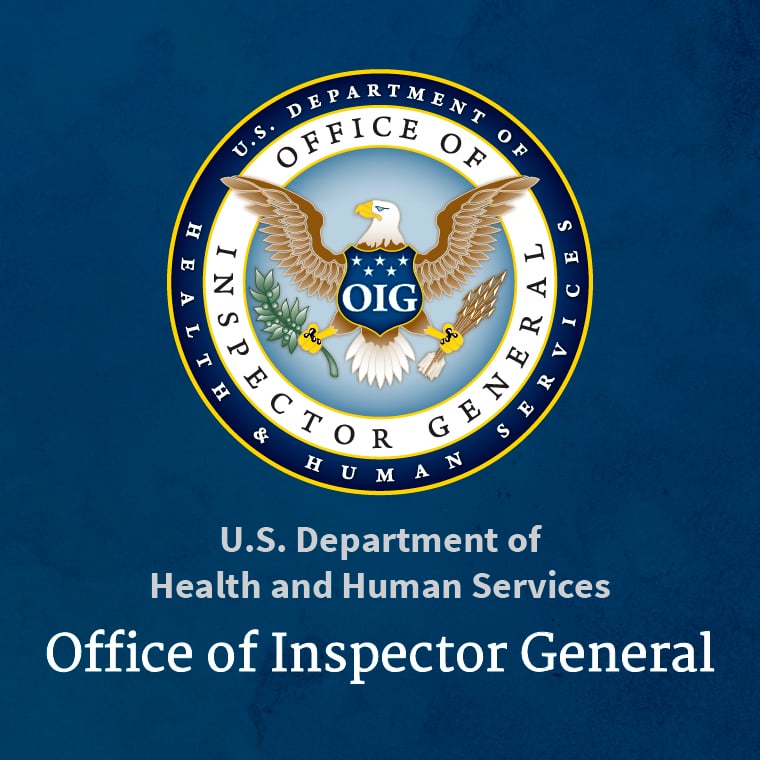- Joined
- Aug 7, 2015
- Messages
- 6
- Reaction score
- 0
In a hospital employed setting...does assigning a wRVU towards dispensing DME violate the Anti-Kickback Statute? On a cursory search it appears that receiving payment/benefits from the DME company is a conflict. Any experience or insight from those who have been practicing as hospital employees?

 oig.hhs.gov
oig.hhs.gov
